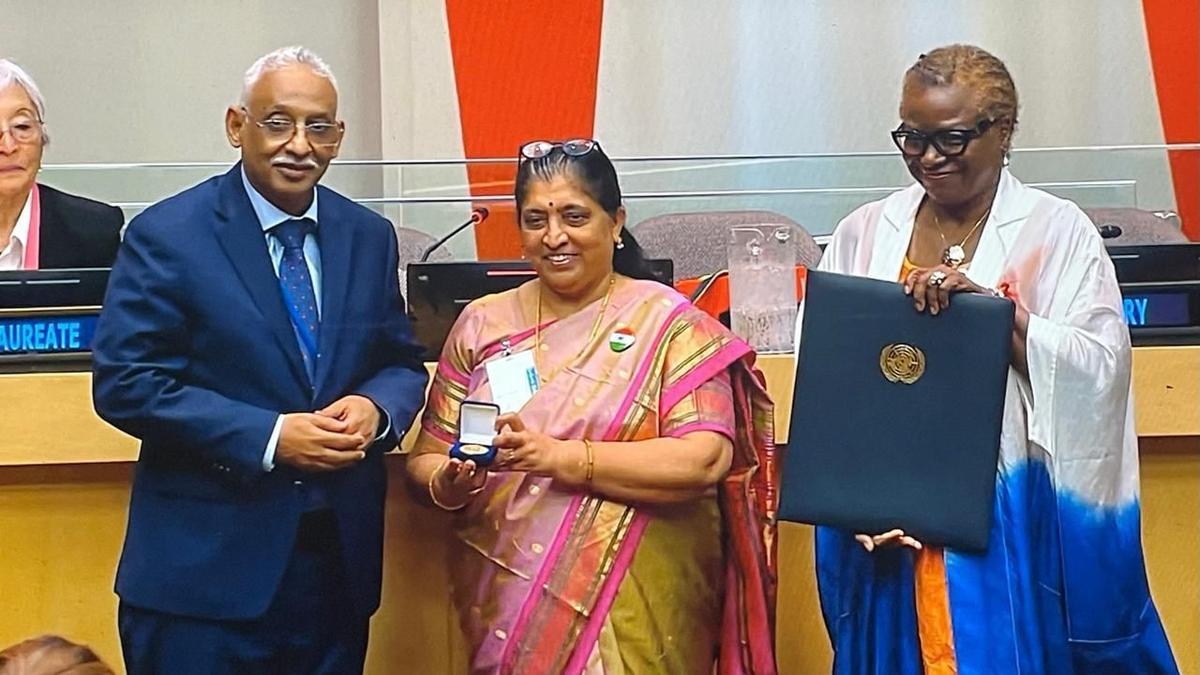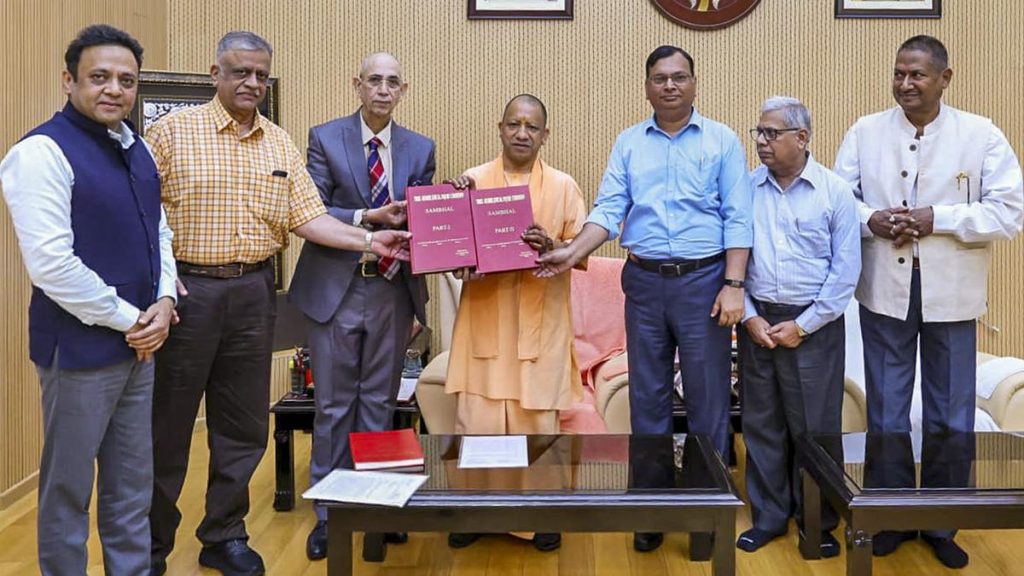Now Reading: Varsha Deshpande Wins 2025 U.N. Population Award for Promoting Gender Equality
-
01
Varsha Deshpande Wins 2025 U.N. Population Award for Promoting Gender Equality
Varsha Deshpande Wins 2025 U.N. Population Award for Promoting Gender Equality

Quick Summary:
- Varsha Deshpande, an Indian women’s rights activist, has won the 2025 United Nations population Award in the individual category for her lifelong efforts to promote gender equality and reproductive rights.
- The award recognizes her work spanning over 35 years addressing gender-biased sex selection, combating gender-based violence, and empowering marginalized women through legal reform and education.
- She founded the Dalit Mahila Vikas Mandal in 1990 to champion gender justice and drive grassroots advocacy.
- Her contributions under India’s PCPNDT Act included reforms aimed at reversing declining child sex ratios. She also worked on preventing child marriages, securing joint property registration for women, and safeguarding informal sector workers’ rights.
- Ms. Deshpande described the award as a tribute to collective efforts toward gender justice worldwide, calling it “humbling and inspiring.”
- The UN lauded her leadership; Andrea M.Wojnar (UNFPA India Representative) commended her courage in tackling sensitive issues related to caste discrimination alongside challenges posed by gender bias.
Indian Opinion analysis:
Varsha Deshpande’s receipt of this significant global accolade highlights India’s contributions toward advancing women’s reproductive health and equality. While reflecting growing international recognition of Indian grassroots leaders advocating social change, it also emphasizes persisting challenges like skewed sex ratios or systemic violence against marginalized groups that demand actionable solutions within domestic policy frameworks.
Her decades-long commitment underscores how transformative local activism can shape wider public discourse on human rights within diverse socio-cultural contexts such as India’s. With lingering issues like child marriage or unequal property norms tying closely into broader discussions about sustainable development goals (SDGs), honours like these invigorate continuing dialogue across governmental bodies towards inclusive policy reform benefiting underrepresented groups nationwide.
Read more: Source
























